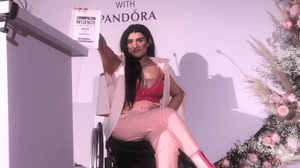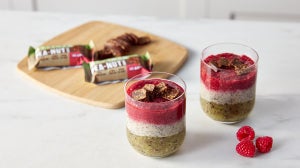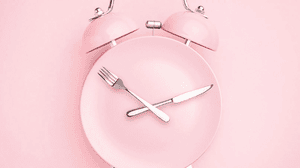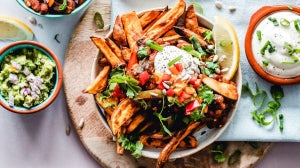
Not being able to get a good night’s sleep regularly can take over your life, leading to a vicious cycle of sleep stress on top of everything else. And the best way we know how to help is through food.
How can food help?
Studies show that nutrition can have a huge effect on our state of mind. And as our sleep can be disturbed by external factors like stress, it’s useful to know which foods, herbs and drinks can help our body to function by switching overactive minds into rest mode.
There’s also evidence that higher levels of certain amino acids may help you fall asleep more quickly and improve sleep quality, promoting deeper more restful sleep. Here are some of our (all-vegan) food and drink favourites to help you catch those zzzs.
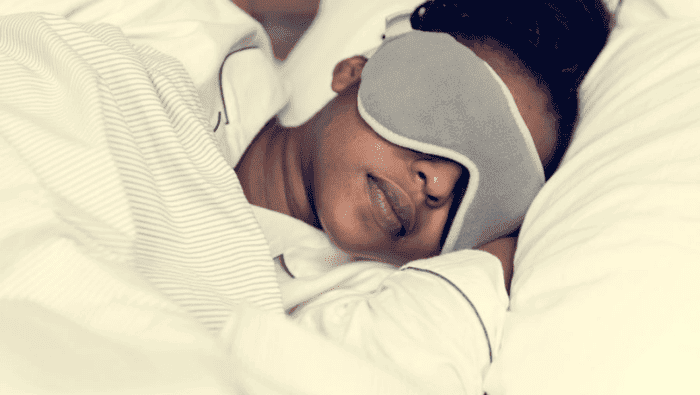
Green tea
We’ve all heard that cutting caffeinated drinks out of your diet is a good way to aid sleep. This is because caffeine disturbs the receptors in your brain that receive the brain chemical adenosine. If you need a hot-drink-fix, green or chamomile tea are great replacements. Green tea even contains a brain relaxing chemical called L-Theanine.
Bananas
Bananas are a great source of magnesium and potassium which help ease overstressed muscles, making them the perfect go-to snack before bed. They also include all-important tryptophan which stimulates the production of key brain calming hormones. Eat whole right before bed, or whirl into a sleep-inducing smoothie.
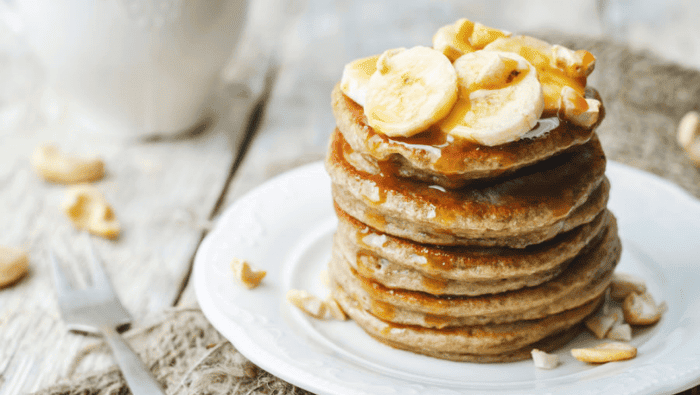
Lavender
Lavender oil has been associated with rest and sleep for centuries. It's made up of mostly linalyl acetate and linalool, both chemicals that are absorbed quickly into the bloodstream. Research reveals that these cause a sedative effect, helping you snooze a bit easier. You can consume lavender in tea, cake, biscuit form (to name a few of our favourites), though if those don’t take your fancy, add a few drops of essential oil onto your pillow or into your bath before bed.
Whole grains
If you’re feeling restless before bedtime, try eating a piece of wholegrain bread or toast. Whole grains promote the production of insulin, which helps neural pathways get tryptophan — basically a fancy amino acid that serves as a sedative to the brain.
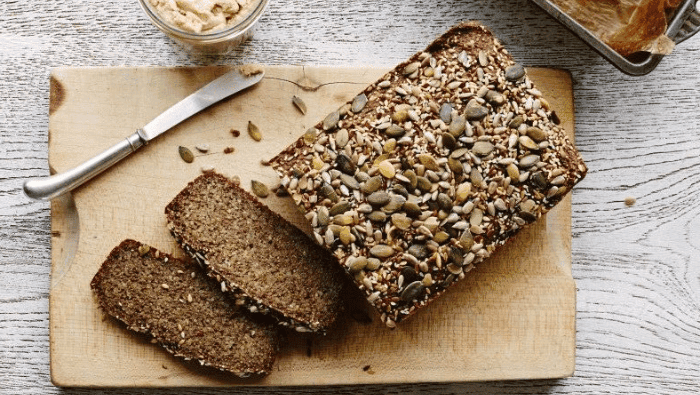
Chickpeas
There’s (way) more to chickpeas than just hummus. Not only have chickpeas been scientifically proven to help you eat less, but they’re also really high in vitamin B6, which plays a vital role in aiding your body’s production of serotonin, the feel-good hormone that lifts your mental health and helps you rest.
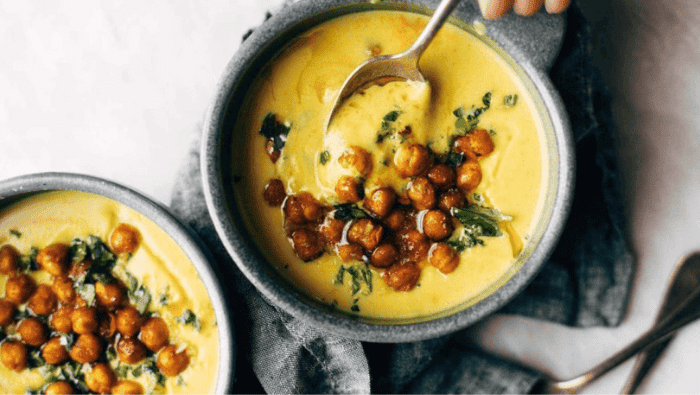
Oats
Melatonin is a hormone that helps to regulate the body’s sleep/wake cycle, as they are a natural source of melatonin. So a bowl of porridge isn’t just a great way to start the day… Much like whole grains, oatmeal also triggers insulin production. This naturally raises your blood sugar, making you more likely to feel tired.
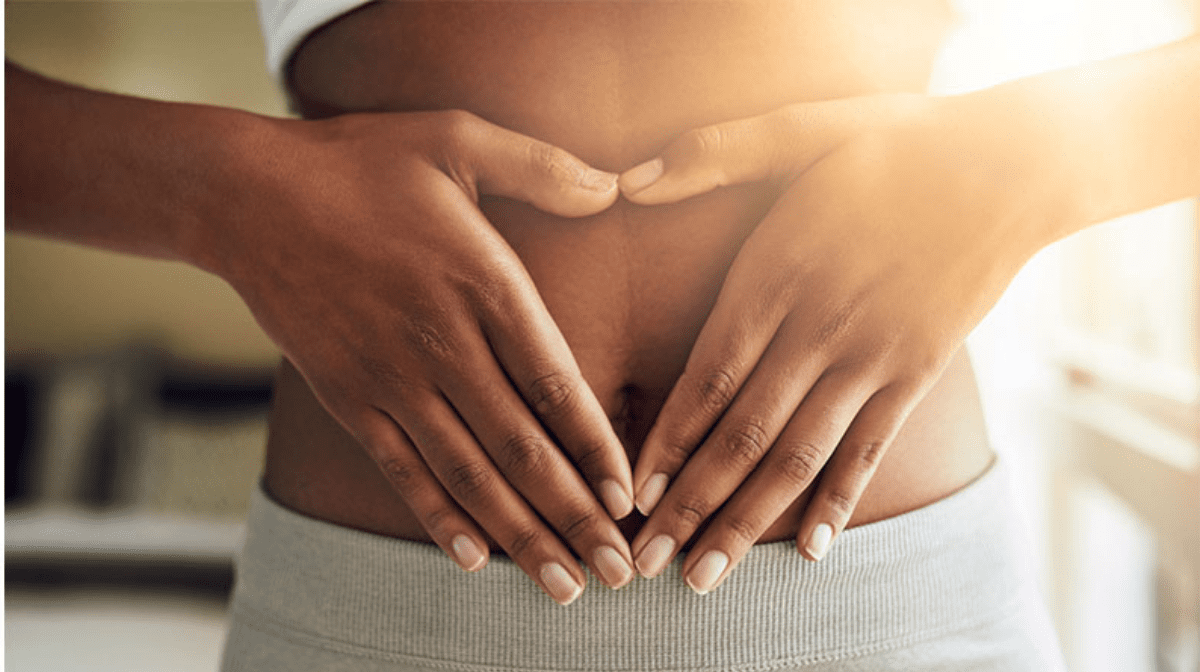
Can a Vegan Diet Improve Gut Health?
Our Registered Nutritionist discusses the link between vegan diets and gut health.




